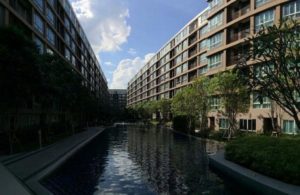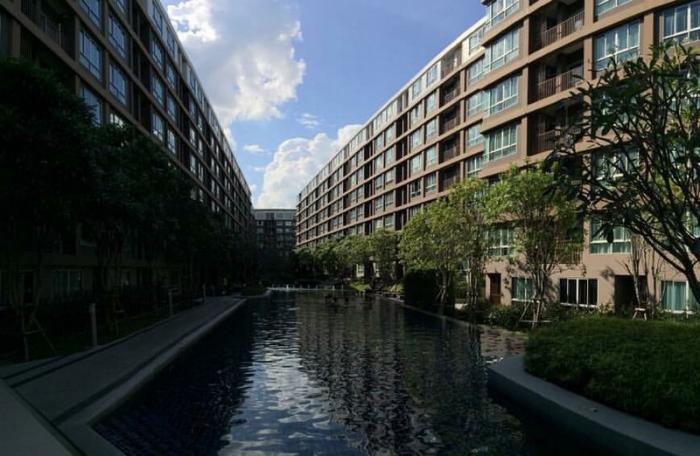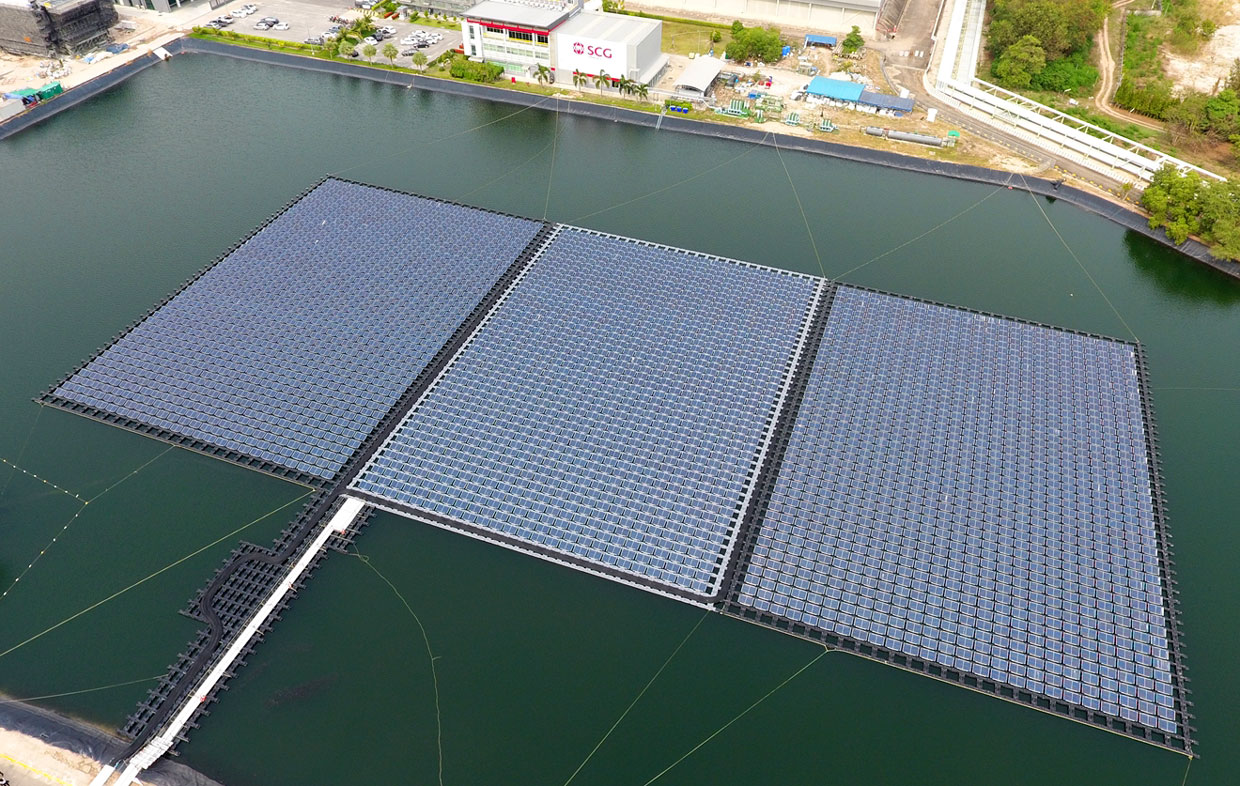
It can be completely legal to operate a hotel in a condominium, but there are lots of laws, regulations and requirements to comply with and meet.
Recently, there has been controversy stirred up by announcements of enforcement of existing laws where unlicensed and non-compliant hotel operations are being thrown out of condominiums. I note it is often those who complain about the lack of enforcement of certain laws who then contrarily criticize the authorities for choosing to crackdown on what are often flagrant violations. You can’t have your cake and eat it, every time.
There is a lot of confusion in the discussions about hotels and condominiums. This is partly due to the advent of social media and ‘super quick’ unresearched opinions and speculation, often with rumor trumping common sense, fact and law. The information on how to conduct hotel operations legally in any suitable environment is available from the authorities, but the issue is that many simply didn’t ask, deliberately took a risk and didn’t seek to comply with quite basic regulations.
Like many aspects of law, there are different opinions on what can and can’t be done in a condominium environment. Condominiums were initially designed to be residential-only environments. The Condominium Act has gone through several revisions, with the latest, 2008, version attempting to bolster consumer protections and even providing a mandatory form of sale and purchase agreement to be used during the sale. Given the complexity of real estate, in particular the popularity of ‘mixed use’ environments, developers are left with little choice but to supplement such standard agreements with addendums and clarifications, beyond that which the legislator thought of. Provided such addendums don’t dilute consumer rights protected in the legislation, this is acceptable. However, many cross the line and then find out in court cases where the lines are drawn.
The Condominium Act doesn’t contemplate hotel use at all. The Hotel Act doesn’t contemplate hotels being operated in condominiums at all. That said, there is no prohibition on the concept of business being conducted in a condominium. However, there is a logical process relating to condominiums that must be followed to even build a condominium, and if you do not plan for the condominium to contain hotel operations in the future, then it can become very difficult to ever ‘convert’ retrospectively.
A condominium must have an environmental consent, normally in the form of an Environmental Impact Assessment (EIA) survey. The regulations and rules for buildings and design relate to condominiums, not hotels. Therefore, if there is a plan to operate a hotel, the architect, environmental consultant and developer must all work together to ensure the design of the condominium would also be appropriate for hotel use. Car parking, lift design, sewage, and health and safety features, to name a few, must all be planned carefully.
At the point a condominium is built, a developer will apply for registration of the condominium building and issuance of individual condominium unit titles. At that stage, a hotel cannot be operated in the property. The EIA is still for condominium use. Subsequent to issuance of the condominium unit title deeds, there must be a new EIA application for hotel use. This process can take around a year or more, depending on how organized and competent the developer and consultants are.
After an EIA is obtained, the developer must submit to the authorities not only the EIA, but also a consent to operate hotel and change use of building documents to the District Office, among other items. If the co-owners didn’t pre-agree to sign these documents, then this means the application cannot be filed and the condominium cannot be operated as a hotel. Management between the ‘Condominium Juristic Person’; ‘Condominium Juristic Person Manager’; the Condominium Committee and the co-owners also requires careful attention to ensure rules and regulations are not violated.
It is not necessary to ‘dissolve’ a condominium in order to obtain a hotel license. The titles can still remain issued and valid.
The issue that exists now is that many developers and owners didn’t foresee the hotel style of use in their projects. Instead of thinking about compliance, many jumped in and advertised their properties on hotel style websites – Airbnb, Agoda and the like. The authorities have seen this, and it gives rise to multiple issues. Many are not paying proper taxes – business taxes or personal income taxes. If there is no licence, then the facilities that must be provided to guests cannot be inspected or supervised.
Thailand has a very strong hotel and tourism market. It has every right to protect that market and those who make money from a segment of tourists, be it visitors or real estate buyers. And naturally, they must abide by the laws and regulations.
Desmond Hughes has been an owner and operator of his law firm in Thailand for 14 years, and is a Senior Partner at the Hughes Krupica law firm: hugheskrupica.com
This article first appeared in the July 16-22 issue of the hard-copy Phuket Gazette newspaper.
Source: http://phuketgazette.net/phuket-property/Property-Watch-Implications-Condo-Act-Hotel-Act/65253


